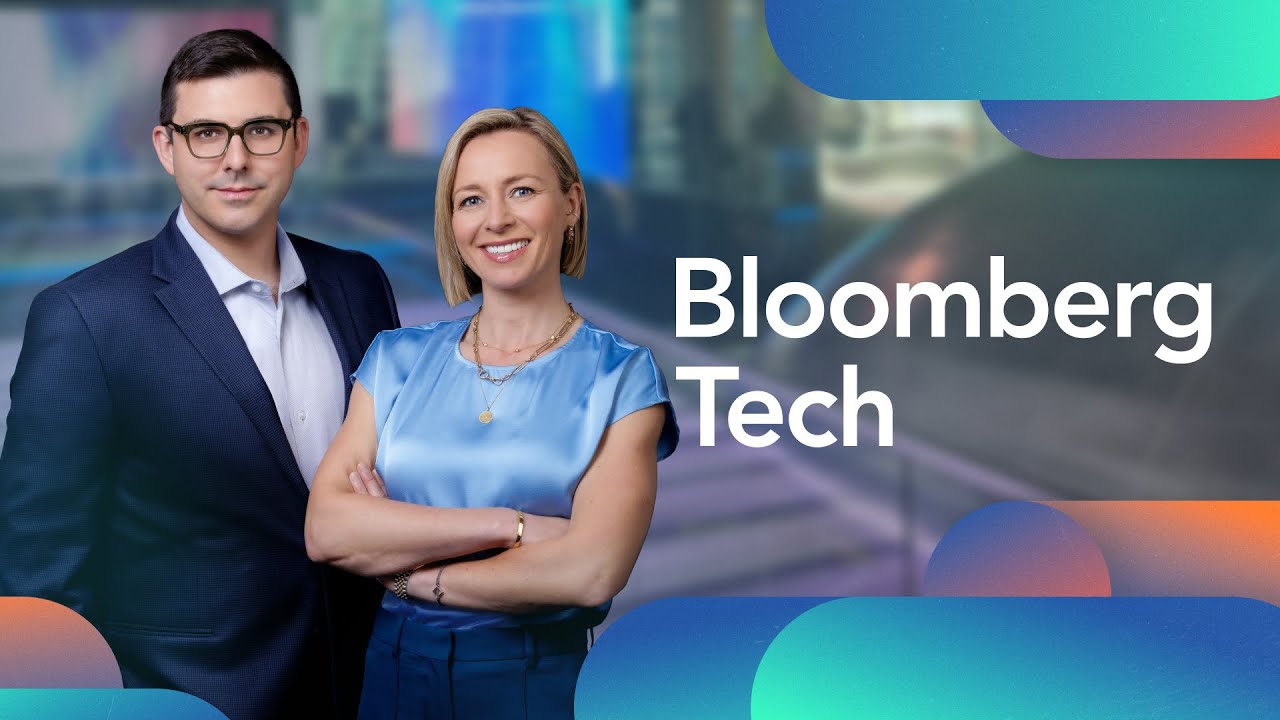Amazon’s AWS and OpenAI have struck a $38 billion, seven-year deal centered on NVIDIA GPUs to boost AI cloud computing, reflecting a broader surge in AI infrastructure investments by tech giants globally. Meanwhile, the video highlights challenges in the tech industry, including intense work cultures in China, Apple’s AI talent retention struggles, and Tesla’s ambitious $1 trillion pay package for Elon Musk tied to aggressive growth targets.
The video from Bloomberg Technology covers several major developments in the tech and AI sectors, starting with a significant $38 billion deal between Amazon’s cloud unit AWS and OpenAI. This seven-year agreement focuses on providing OpenAI with extensive cloud computing resources, primarily using NVIDIA GPUs, highlighting the growing demand for AI compute power. The deal underscores Amazon’s strategic push to expand its cloud infrastructure and compete in the AI space, especially as OpenAI diversifies its cloud providers beyond Microsoft and Google. NVIDIA’s role as the key GPU supplier is emphasized, with the company recently reaching a historic $5 trillion market capitalization and expected to grow further as AI adoption accelerates.
The discussion then shifts to the broader AI compute ecosystem, where companies like Broadcom, Micron, Seagate, and Western Digital are also benefiting from the surge in demand for data center components such as storage and memory. Experts highlight the massive investments being made by tech giants like Microsoft and Alphabet, including Microsoft’s plans to spend nearly $8 billion on data centers in the UAE, leveraging new government clearances to ship chips to the Gulf region. This expansion reflects the global race to build AI infrastructure, with the Middle East emerging as a strategic market due to its energy resources and ambition to diversify its economy.
A poignant segment focuses on the human cost of the intense work culture in China’s tech industry, illustrated by the tragic story of a Xiaomi manager who died of a heart attack at 34 after working extreme hours to help the company pivot from smartphones to electric vehicles. This story sheds light on the demanding “996” work culture (9 a.m. to 9 p.m., six days a week) prevalent in Chinese tech firms, raising concerns about the toll such pressure takes on employees amid fierce competition in AI, chips, and EV markets. Xiaomi’s response and the broader cultural context highlight the challenges of balancing rapid innovation with worker well-being.
Apple’s upcoming 50th anniversary is marked by ambitious plans for 2026, including a projected nearly $140 billion holiday quarter and a slew of product updates such as new M5 chip-powered Macs, a foldable iPhone, and smart glasses. However, Apple faces challenges in retaining AI talent, with many employees leaving for competitors like Meta and Anthropic. To improve Siri, Apple plans to integrate Google’s Gemini AI models, signaling a strategic shift in its AI approach. Despite these hurdles, Apple aims to make significant strides in hardware and AI integration in the coming years.
The video concludes with insights into Tesla’s controversial $1 trillion pay package proposal for Elon Musk, which requires ambitious company milestones to be met, including an $8.5 trillion market cap and massive production targets. A corporate governance expert explains that while the package is large, it is tied to challenging goals and is seen as essential for retaining Musk and driving Tesla’s next growth phase. The segment also touches on Palantir’s strong AI-driven growth expectations amid government contracts and the broader AI investment landscape, where companies are balancing high valuations with the promise of long-term returns despite geopolitical uncertainties and market volatility.
